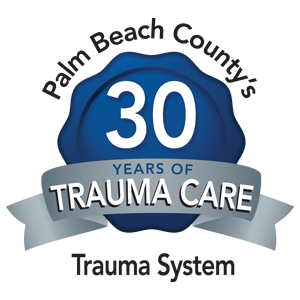
When Does Bleeding Need Emergency Care?
A variety of incidents and medical conditions can cause bleeding externally or internally. Injuries and wounds are obvious sources. Medical conditions that can cause bleeding include hemophilia, leukemia, liver disease, menorrhagia or prolonged menstrual bleeding, thrombocytopenia or low blood platelet count, von Willebrand disease, vitamin K deficiency, brain trauma, colon diverticulosis, lung cancer and acute bronchitis.
When to Seek Immediate Medical Care
If you think you have internal bleeding, get emergency medical help right away. Internal bleeding can become life-threatening very quickly. People with bleeding disorders, such as hemophilia and those who take blood thinners should also seek help right away to stop the bleeding. Here are some situations when you should seek medical help:
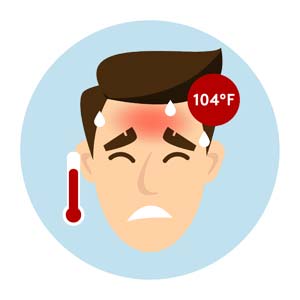 1. The person is in shock or has a fever |
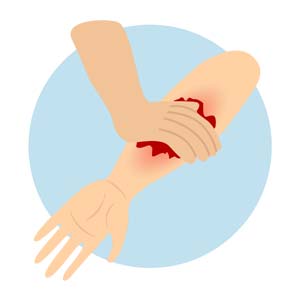 2. Bleeding cannot be controlled even when using pressure or a tourniquet |
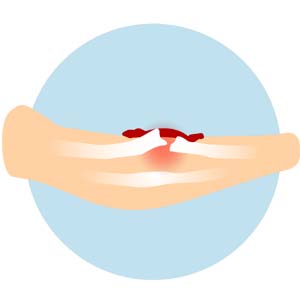 3. The bleeding was caused by a serious injury |
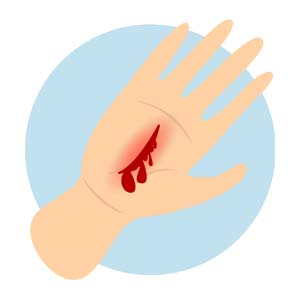 4. The wound may need stitches to stop the bleeding |
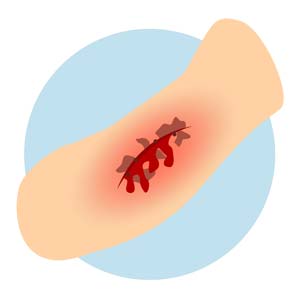 5. Foreign objects, such as gravel or dirt, are stuck inside the wound and can't be removed easily with gentle cleaning |
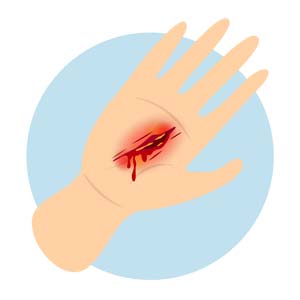 6. Signs of infection develop, such as increased pain, redness, swelling, pus, yellow or brown fluid, swollen lymph nodes or red streaks spreading from the site toward the heart |
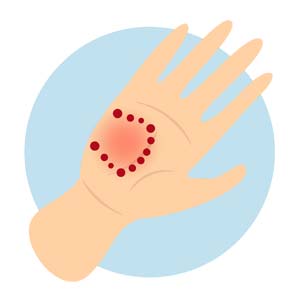 7. The injury occurred due to an animal or human bite |
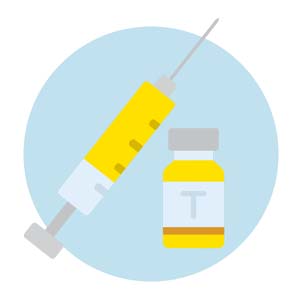 8. The person with an injury has not had a tetanus shot in the last 5 to 10 years |
Any bleeding that is left untreated could be fatal. Slow blood loss can add up over time and cause major organ injury, or possibly even death. It is important to remember that severe bleeding or bleeding to death can occur without any visible external bleeding, such as ruptured blood vessel aneurysms.
When you have symptoms of any medical condition or if your condition is not life-threatening but you're concerned about your health and well-being, please do not delay medical care. Go to the nearest hospital or call 911. We're here for you.
Sources:
MedlinePlus
Healthline
